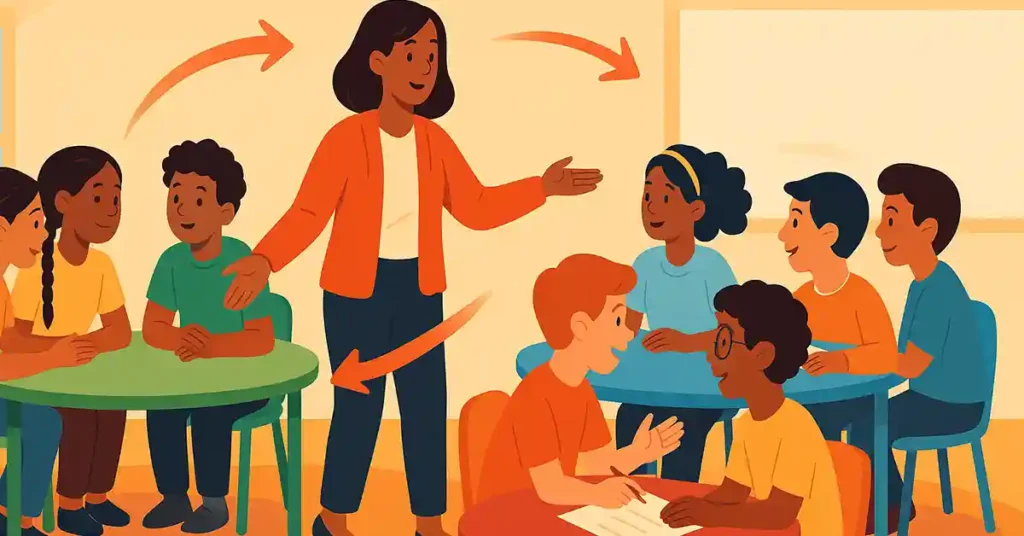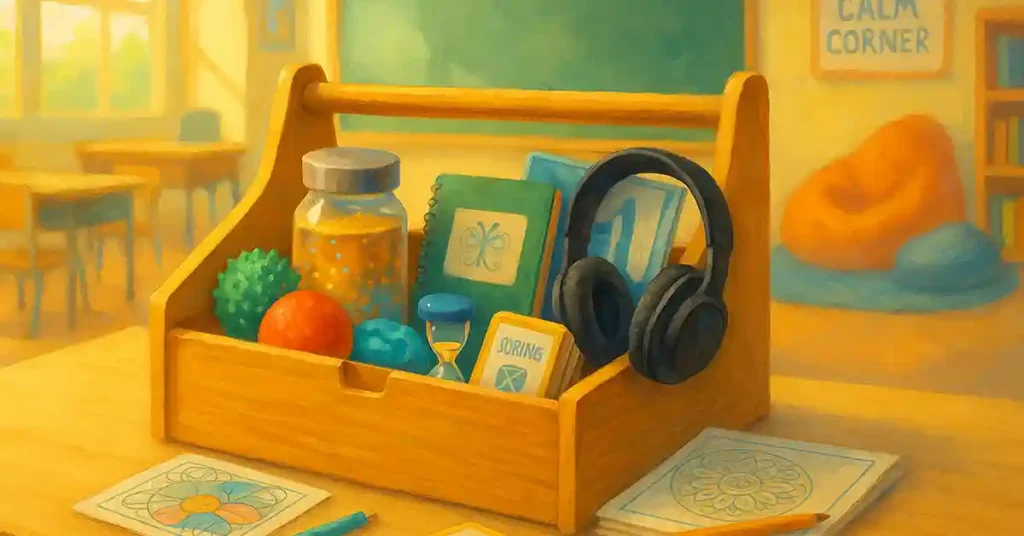Flexible Grouping: A Practical Guide for Teachers
Ever stared at a sea of blank faces during whole-class instruction and wondered if anyone was actually on the same page—let alone the same paragraph? I’ve been there. That’s why I started experimenting with flexible grouping: reorganizing students into temporary, purpose-driven groups that shift as needs change. It felt a bit like classroom Tetris at […]
Flexible Grouping: A Practical Guide for Teachers Read More »











